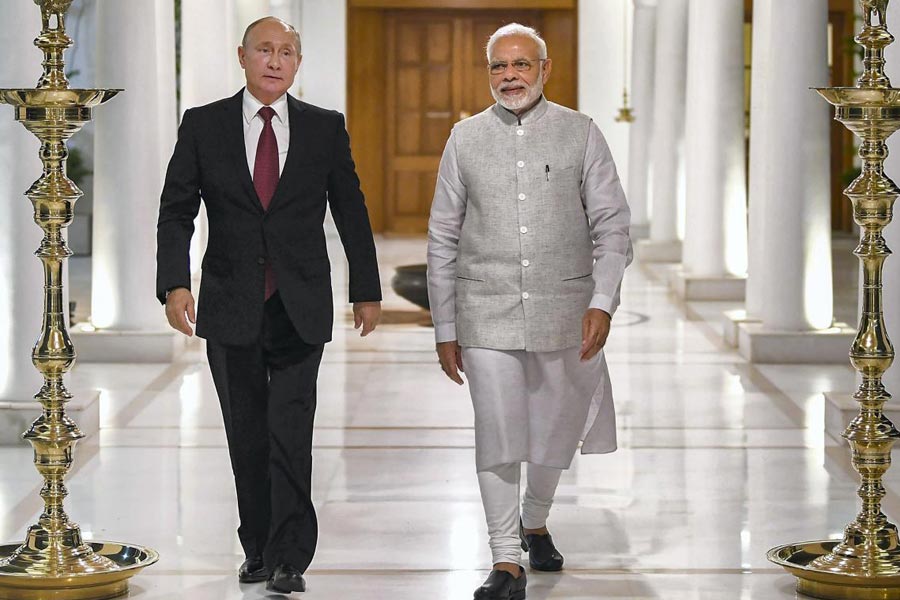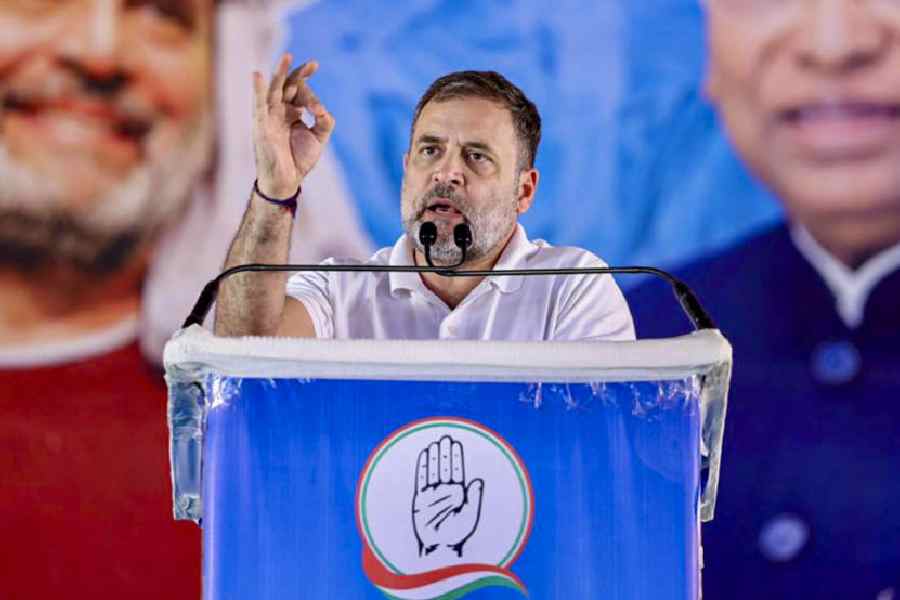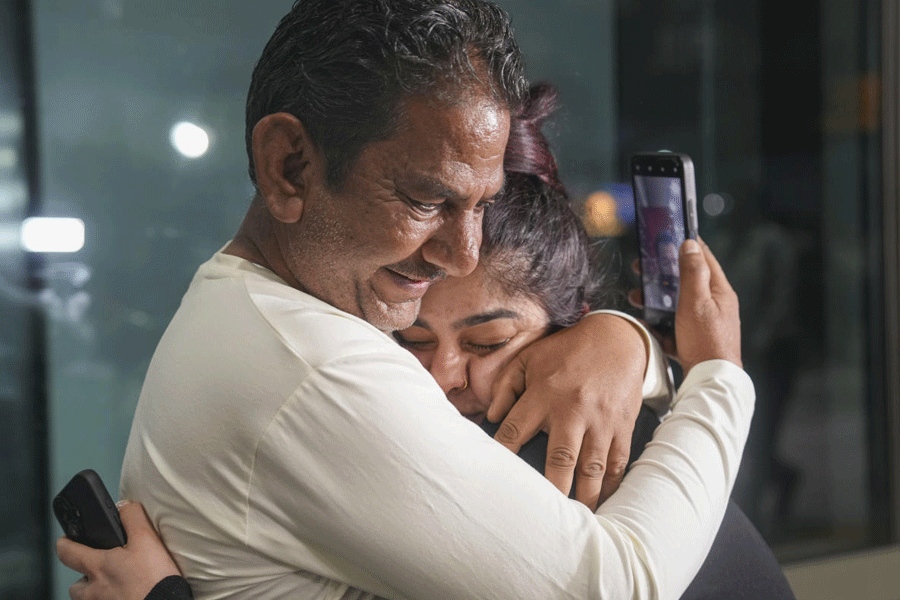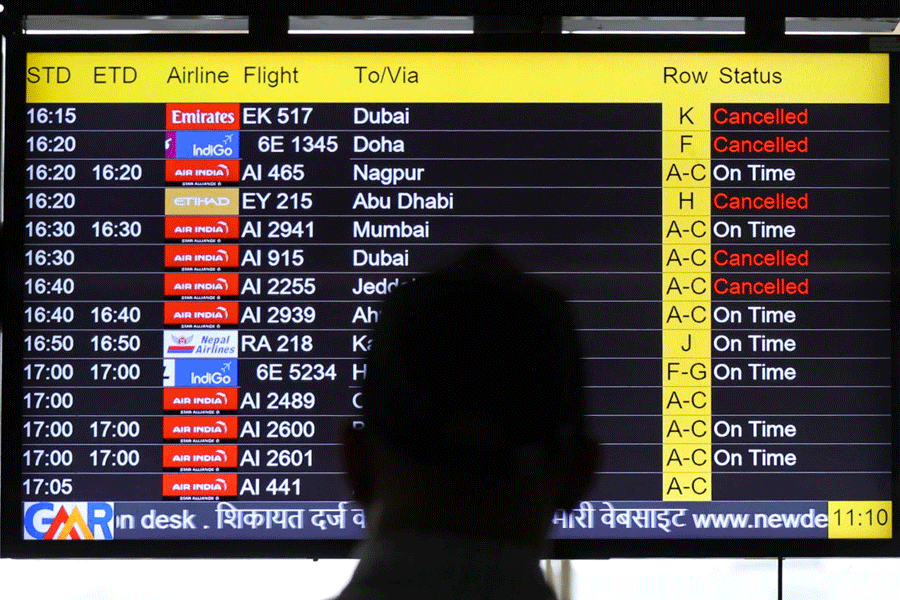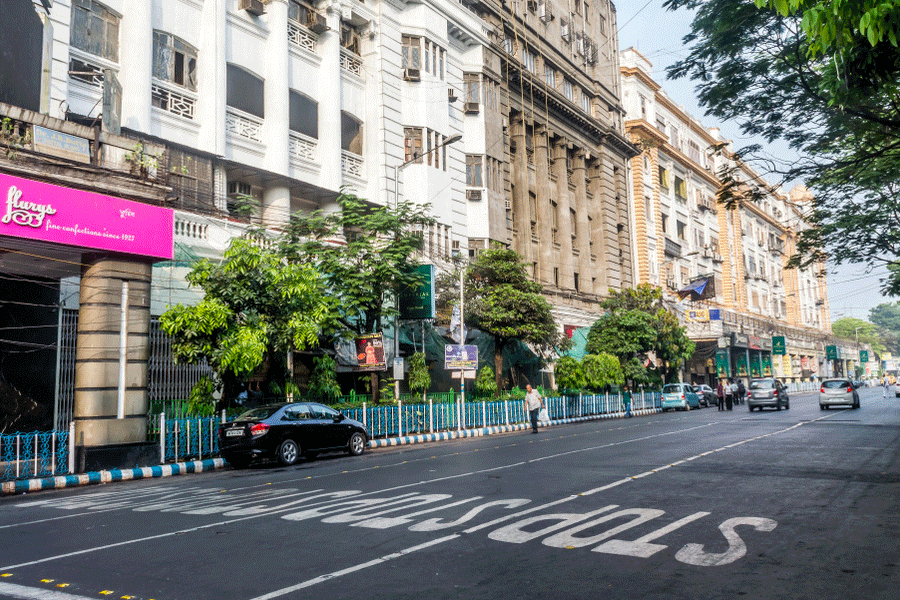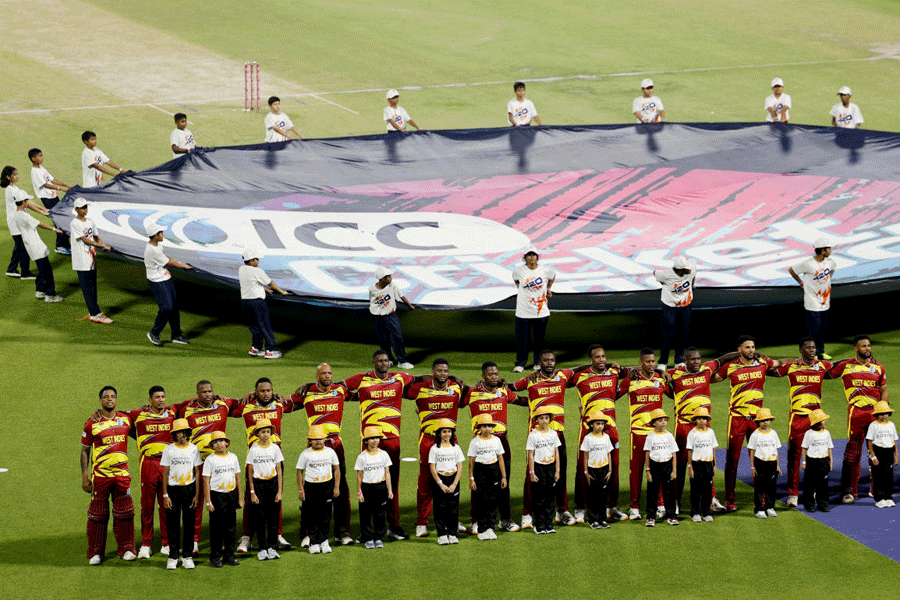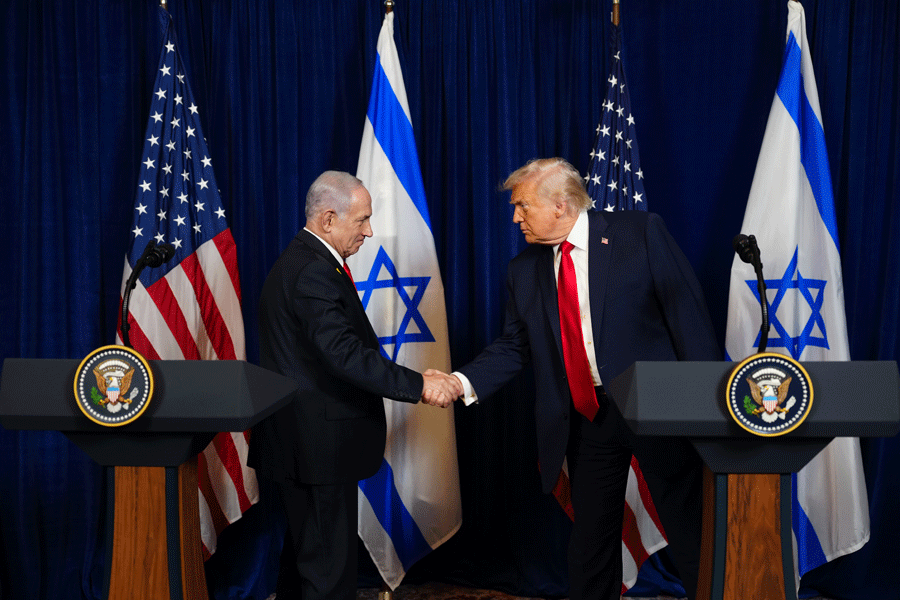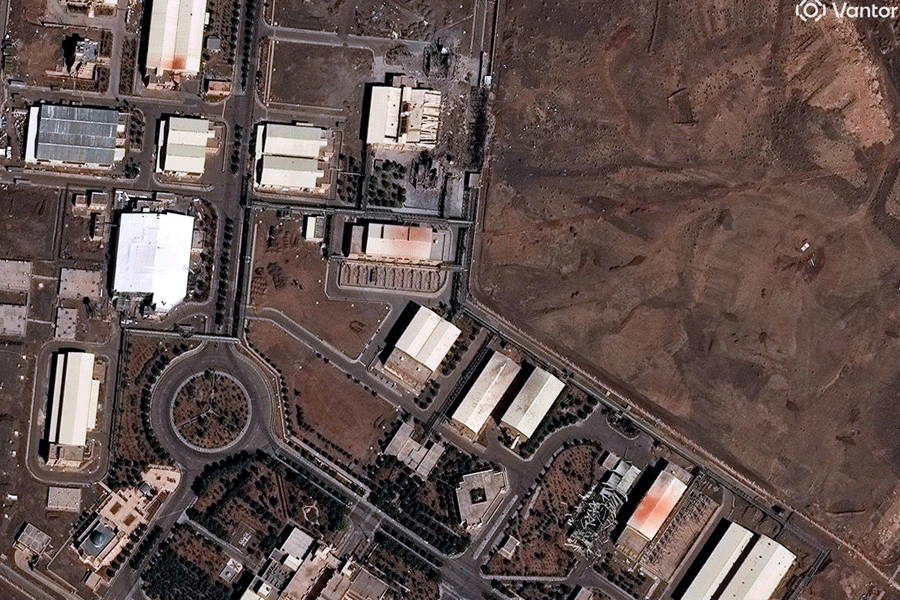Prime Minister Narendra Modi called Russian President Vladimir Putin and discussed bilateral relations, including business ties. The two leaders had wide-ranging talks on a number of issues, including US tariffs and the Ukraine war.
Taking to social media platform X, PM Modi wrote in a post, "Had a very good and detailed conversation with my friend President Putin. I thanked him for sharing the latest developments on Ukraine. We also reviewed the progress in our bilateral agenda and reaffirmed our commitment to further deepen the India-Russia Special and Privileged Strategic Partnership. I look forward to hosting President Putin in India later this year."
During the conversation, Modi extended an invitation to President Putin to visit India later this year for the 23rd Annual Bilateral Summit. The visit, once finalised, is expected to provide fresh momentum to trade, defence, and energy cooperation between the two countries.
This comes a day after Putin met National Security Advisor Ajit Doval in Moscow.
US President Donald Trump on Wednesday signed an executive order, slapping an additional 25 per cent levy on India for New Delhi's purchases of Russian oil, bringing the total duties to 50 per cent -- among the highest imposed by the US on any country in the world. The additional 25 per cent duty will come into effect on August 27.
India has justified its continued oil imports from Russia, stressing that the decision is essential to protect the nation’s economic security and strategic interests.
Russia has expressed solidarity with India amid pressure from Trump with 50 per cent tariffs over its continued oil purchases.
"Sovereign countries have the right to choose their own trading partners," Kremlin spokesman Dmitry Peskov had said, criticising calls to "force countries to sever trading relations" with Russia as "illegitimate".
Moreover, India has defended its Russian oil purchases, calling it a move necessitated by "global market conditions".
Modi on Thursday received a phone call from Brazilian President Luiz Inácio Lula da Silva, whose country has also been at the receiving end of Trump's tariffs, and the two leaders agreed to enhance cooperation in trade, technology, energy, defence, agriculture, health, and people-to-people ties.

